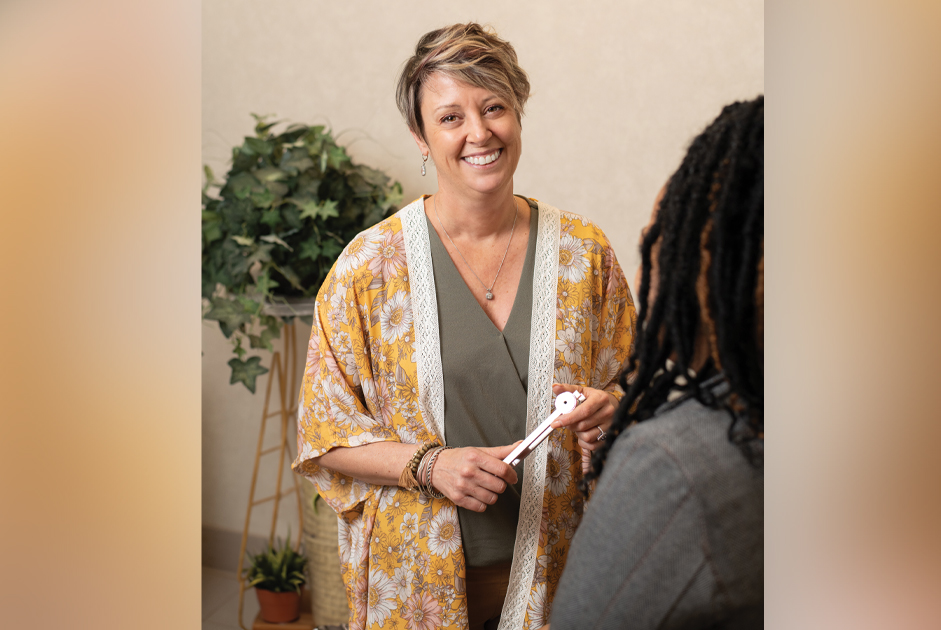In the societal warnings of bullying, social media was buzzing around a concept that suggested mean friends are beneficial. Comprising 140 adults at the University of Plymouth, located in England, the evidence claimed that “people who tend to make others experience negative emotions believe the impact of those emotions will be beneficial for them in the long run.” One scenario described a college student deliberately inducing the fear of failing exams to try and get a friend who hadn’t studied to hit the books. Do you believe that people can sometimes be ‘mean’ to you, not because they hate you, or want to hurt you, but because they care for you, and their meanness comes out of selflessness and empathy?
The Frenemy
We live in a strange world when the term friendship is defined by a lack of support, and the “harsh, though true, words can sting like needles.” Within all the categories friends, from the best friend or childhood friend, to the work colleague to the acquaintance, a new term defined as both a friend and an enemy has entered into modern vocabulary: the “frenemy.” While this person can attack you on a whim, she can change her personality and, minutes later, display a great deal of compassion and love. It is claimed the frenemy is not easily understood and is not they likely to change.
Defining Loyalty
The definition of friendship can be murky, as social media has given its users the option of labeling everyone with one title: friend. It certainly does not take long until these approved friends can display their true colors and openly voice opinions publicly. Every connection has the chance to teach us something vital about ourselves. This may be from an acquaintance to a lifelong friend. Even the frenemy can help to define the type of friends we choose to have in our circle. And social media also gives us one important power, that of “unfriending” someone. The message of “mean friends” is not of tolerance or acceptance. Loyalty to friends must be reciprocal. And, only “you” can answer the most important question of all. “Does your friend give the same level of unconditional friendship and support that you give?” Too often, having a frenemy in our lives requires the need to let go, and wish the person well. It is more important to be happy than to endure a person who treats others, including you, poorly.
The “Tell-It-Like-It-Is” Friends
In each season of life, the type of friend that is needed changes. During the early 20s, groups of friends are effortlessly formed. With changes in life, honesty is essential in discussing the experiences of marriage, employment, home ownership and raising children. Friendship is determined by her willingness to return phone calls, be there at a moment’s notice, and stand by when the ground has shifted! The “tell it like it is” friend becomes important in the circle. She is not a frenemy nor an enemy. She is able to offer personal experience and the outcome through facts. The presentation is not snippy, sarcastic, lacking in compassion, nor mean. The matter of fact friend has learned to diplomatically balance honesty with tactfulness, support with a genuine respect.
This year, a different, yet profound, message was delivered to England and the world. Bishop Michael Curry affirmed, not through research, but belief and experience in the words, “There’s power in love to help and heal when nothing else can. There’s power in love to lift up and liberate when nothing else will. There’s power in love to show us the way to live.” To envelope love and support one another is the way to empowerment! Love or meanness, which one is radical to the nature of a caring friendship?






















